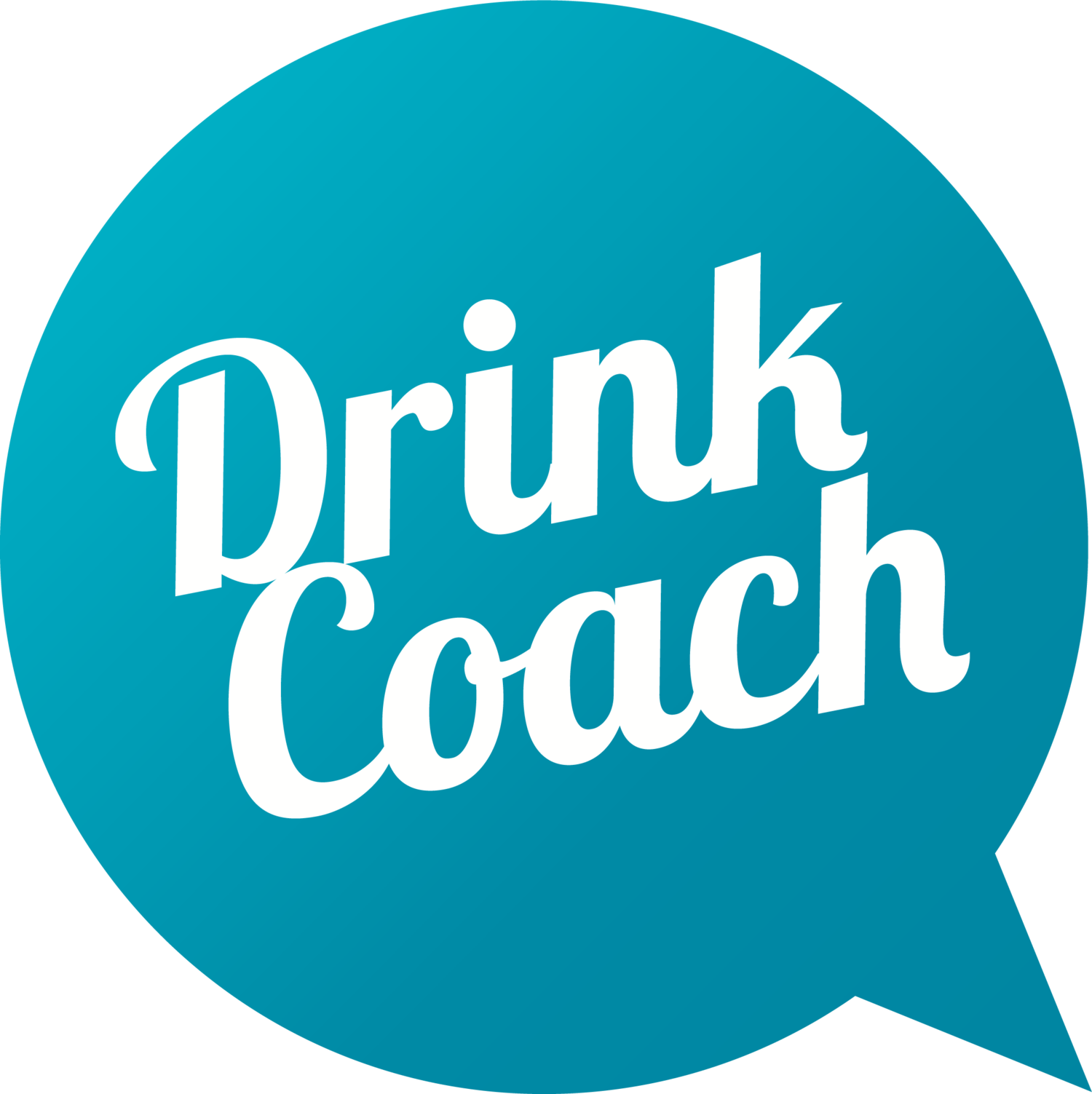If Dry January turned damp you can still benefit
Dry January…
is now a global campaign with people pledging to go alcohol free in the month of January. There are many proven health benefits to having a break from alcohol:
lowers blood pressure
reduces diabetes risk
lowers cholesterol
reduces levels of cancer-related proteins in the blood.
Alcohol Change UK (2019) conducted a survey of Dry January participants and found that:
88% saved money
71% slept better
58% lost weight.
Just as important, beyond the short term physical gains, Dry January helps people to drink more healthily all year-round, often with participants still reportedly drinking less even six months later.
However, there can be many hurdles along the way so it is expected that not everyone will make it to the end of the month. This isn’t a failure though - every day is a school day! So what can be learnt from attempting Dry January regardless of the outcome?
Whether you complete Dry January or not, it has been a time to ‘reboot’ and re-evaluate your drinking behaviour.
We often see people in late January or early February that tried Dry January but felt the challenge was too hard.
So why do people not complete? It is often not due to physical withdrawal (those who experience withdrawal symptoms such as sweats, shakes, vomiting, hallucinations should seek medical assistance urgently).
Here are our top 5 reasons we commonly see at DrinkCoach:
Coping mechanism or crutch:
Alcohol was being used as a coping mechanism to deal with stress or another underlying issue. So when alcohol was removed the person sought alternatives which were positive (such as exercise) or negative (over eating) to deal with those experiences. They then return to alcohol when January is over or during the month if they cannot keep up with the alternatives.
Habitual:
The ritual of drinking alcohol was hard to break. Psychologically as drinkers we build up ‘cues’, internal or external events which have a signalling significance to us. These cues go on to influence and affect our learning and behaviour. Those who experience this often have set times of the week for alcohol use such as returning home from work, when the children go to bed or Friday/Saturday evening. Cues can be emotional ones too such as an argument or celebratory event.
Ambivalence:
People who entered the challenge had different levels of motivation which fluctuated during the month too. They may have been really motivated to complete the challenge but if the behaviour change is not reinforced i.e. you are not feeling any short-term benefits your desire to continue may diminish.
So when you are invited to a celebration you may decide to give in and have that drink.
The ‘seemingly irrelevant decision’:
It appears on the surface that the persons return to drinking resulted from a sequence of unfortunate events. However, on closer inspection the choice they made, that may have appeared unimportant or insignificant at the time, actually increased the likelihood of being placed in a high-risk situation which resulted in them drinking. An example of this could be as simple as inviting your friend round to watch an evening game of football on TV. Even though this friend is aware you are doing Dry January they are not entirely supportive, after all they feel they have lost their “drinking buddy” for a month. You haven’t explicitly asked them not to bring alcohol but there is an increased chance they will. Such seemingly irrelevant decisions can happen consciously as self-sabotage but sometimes appear to be unintentional and only after evaluation does it become apparent.
All or Nothing Thinking:
We sometimes refer to this as pushing the ‘F@*? It’ button. Many people report having had a slip up early on and feeling like they failed so they continued to drink without regard for the remainder of the month. If you are using words like “failed” and “crashed and burned” to describe your Dry January then it is important to recognise that these phrases are highly emotive and potentially suggests that sticking with your original goal was really important to you.
How we think and feel about a slip up has a huge bearing on how we behave afterwards. Understanding what role our thinking style plays is important when making changes. This is why for some people talking to an impartial person about their relationship with alcohol has been so beneficial because they can begin to unpack what is going on.
So, even an attempt at Dry January gives you valuable insight into your drinking behaviour. People can learn through examining their blips or slip ups. By having the opportunity to experience some of these challenges it gives you a chance to identify what they are and work on them.
It also allows an opportunity to identify when you might need extra support to make changes. Remember a ‘damp’ January may be the better outcome this time round. A few attempts at Dry January is ok and there are benefits too to a drier month than you may have previously had. Dry January is more than just surviving through the month, the aim of the game is to make some healthier choices for the rest of the year and January is just the start.
Good luck!
If you need extra support to reduce your drinking you can download our free app or book a session with one of our 11 qualified drinkcoaches.



